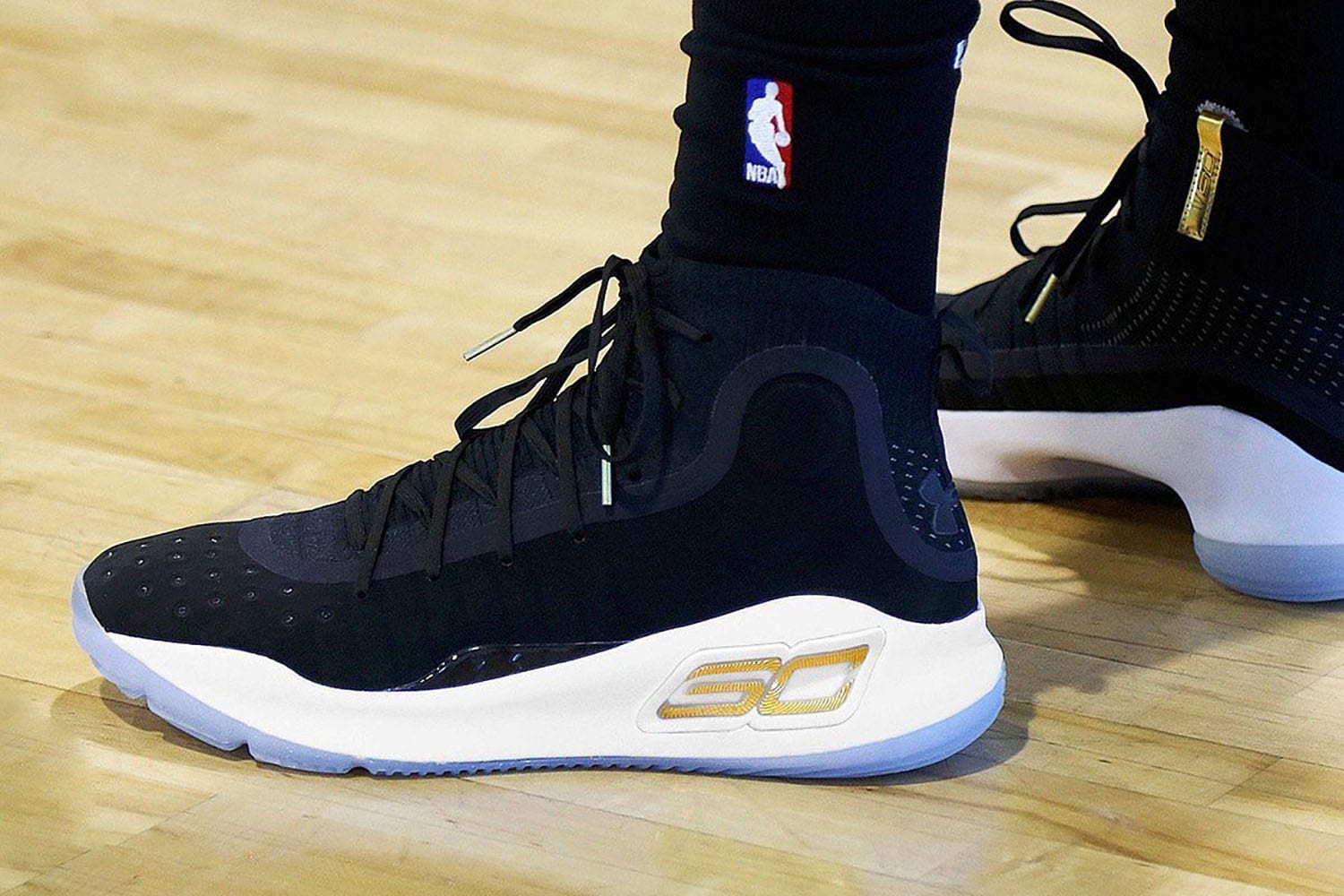Explain the Game – NCAA Amateurism

This week, yet another scandal surrounding universities and college sports reached the surface. Yahoo! Sports published several documents about the FBI’s investigation of corruption in NCAA basketball. These documents showed that several (former) college players and their families were given money by an NBA agency, called ASM Sports.
Among the implicated programs were several top colleges, such as Duke, North Carolina, Alabama, LSU, Kansas, Louisville and Arizona. That implication could mean that those programs violated the NCAA’s rules about the amateurism of the student-athletes, but what exactly does the amateurism of college sports mean?
Most important, the amateurism of the student-athletes is key in college sports and the NCAA. This is the case, because they want “to ensure the students’ priority remains obtaining a quality educational experience and that all of the student-athletes are competing equitably” (NCAA). Though this definition is quite vague, the NCAA also has some strict rules the student-athletes have to abide by. If they fail to do so, it can result in the loss of eligibility for the student-athletes for their sports. We have selected some of the rules the students have to abide by, if they want to stay eligible to play in the NCAA, but there are many more rules the students have to abide by.
The student-athletes can’t:
- Have contracts with professional teams. This means that they can’t already have made a deal, or signed a contract with a team while in college.
- Get a salary for participating in athletics.
- Get prize money above actual and necessary expenses. They can receive money to cover their travel expenses, food and board, but nothing on top of that.
- Play with professional in an organized league. They can practice with professional, or play pick-up games, but it can’t be in an organized league.
- Go to tryouts, practice or competition with a professional team. But, college players can go to NBA tryouts, as long as they haven’t signed with an agent.
- Get benefits from an agent or prospective agent.
- Agree to be represented by an agent.
- Delay their initial full-time collegiate enrollment to participate in organized sports competition.
Two of the names that could be found in the documents Yahoo! Sports released, were Dennis Smith Jr. (now a rookie with the Dallas Mavericks) and Markelle Fultz (now a rookie with the Philadelphia 76ers). Both received a large amount of money from ASM, though they eventually didn’t sign with the agency. Smith Jr. possibly received between $43.500 and $73.500 dollars from ASM, while Fultz received around $10.000.
Furthermore, a former employee of ASM, Christian Dawkins claimed several strange expenses with players, and he took several players and/or their families out to dinner. If Dawkins paid for those dinners, that could be a violation of the NCAA’s rules, as he was part of an agency and that can be seen as ‘get benefits from an agent or prospective agent’. But, if a high school player visits a college, someone can take him out to dinner and pay for his meal, but the amount can’t be higher than $100.
This is definitely not the first scandal surrounding the amateurism rule in the NCAA, and it will probably not be the last one as well. But, this again raises the question on whether the amateurism rule can and should be maintained within college sports. Nowadays, even college sports are generating a lot of money, which is why it’s not surprising that some of that money finds its way to the athletes. And why should a student-athlete have different rules for his/her scholarship than any other student? If a student who receives a scholarship for academics is allowed to earn more money despite having a scholarship, why shouldn’t athletes be able to do the same?
Therefore, isn’t it time to forgo the rules of amateurism and let college sports move into the present?







